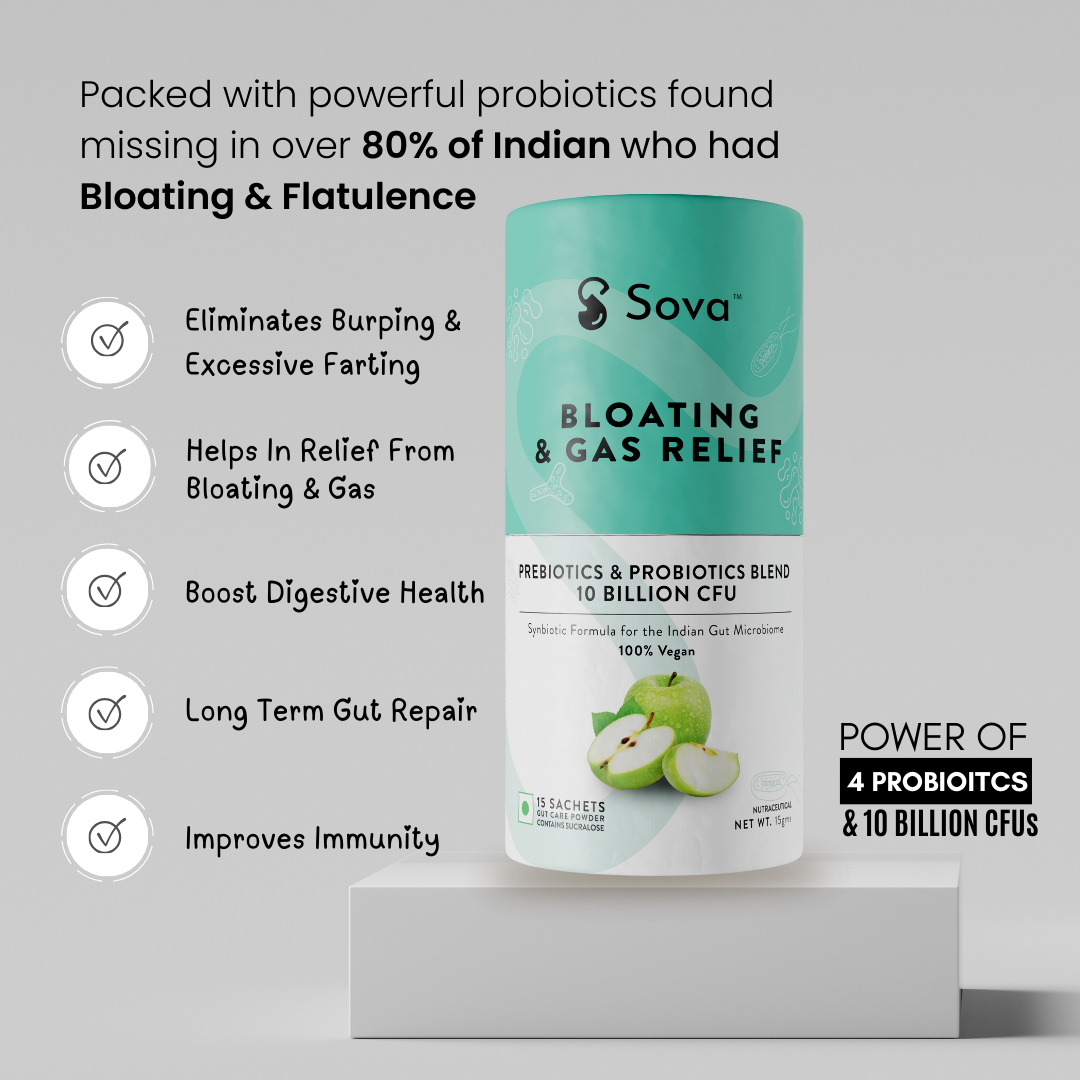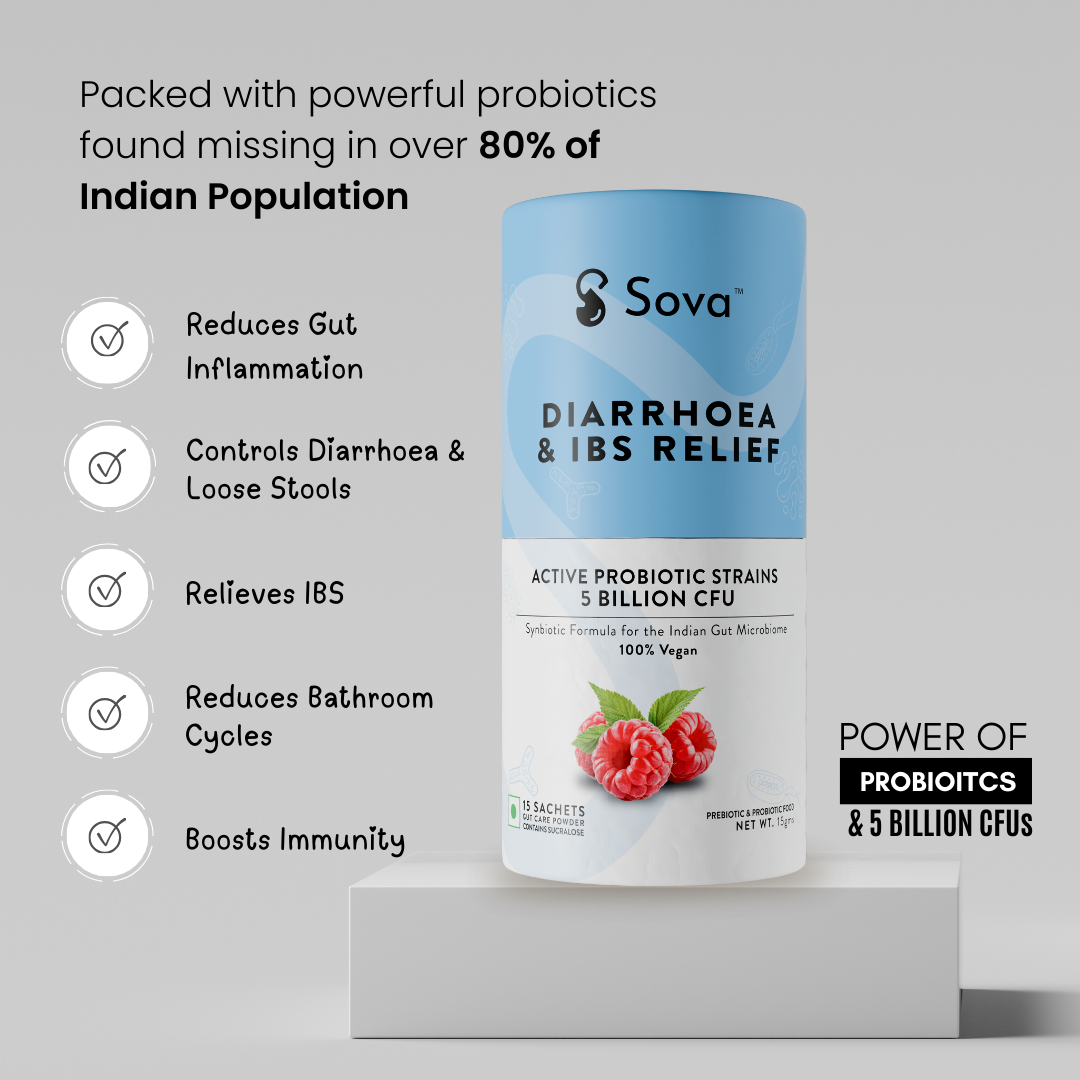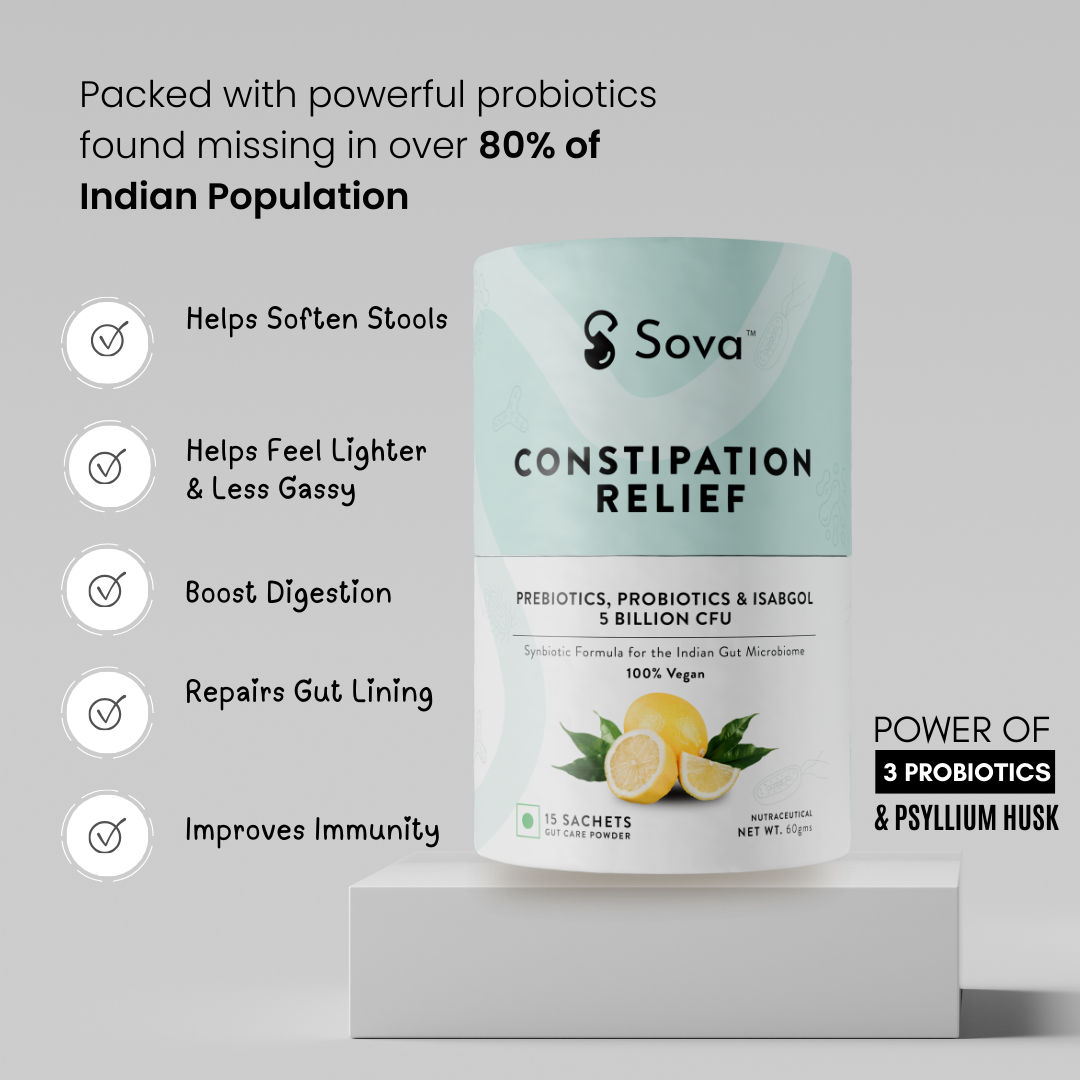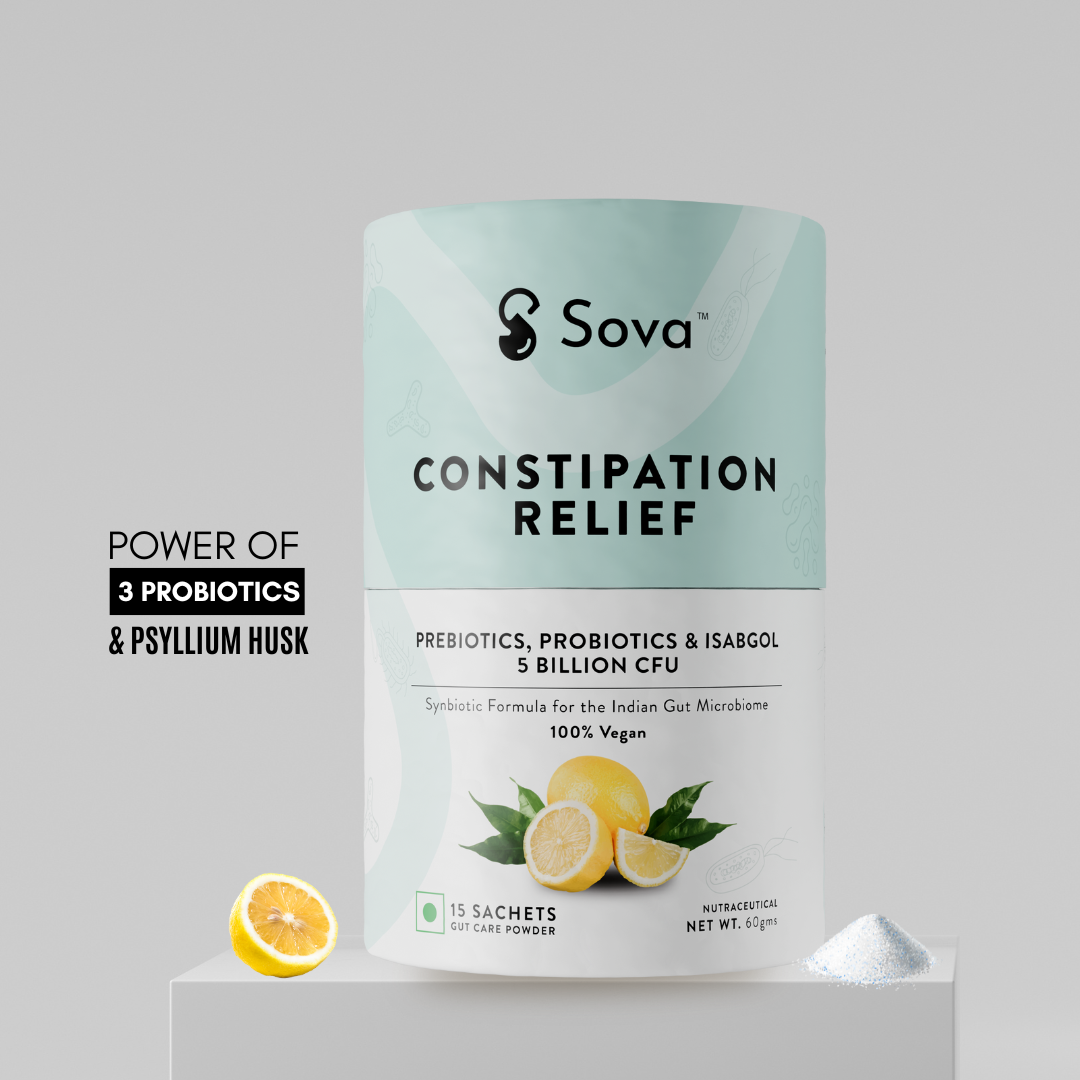What is Gut Biome Testing?
How does the Microbiome Gut Bacteria Affect Digestive Health?
Gut bacteria are critical in developing the normal physiological functions of the digestion process. They assist in carrying out a number of vital activities related to digestion and nutrient uptake, including:
- Nutrient Absorption and Digestion: The gut microbiomes help in breaking down complex carbohydrates, proteins, and fats that human digestive enzymes cannot completely digest. During this process, several nutrients are released and consequently absorbed by the body.
- Synthesis of Vitamins: The intestinal flora produces some fat-soluble vitamins, such as B and vitamin K, which are involved in very important body functions, such as blood coagulation and energy metabolism.
- Pathogen Protection: Gut microbiota protects the intestines from pathogenic invasion by competing for nutrition and space, hence producing antimicrobial compounds.
- Immune Function Regulation: A good balance in the microbiome gut bacteria favors the immune system by promoting a good inflammatory response, thereby modulating immune reactions.
It is when the gut microbiome bacteria are out of balance, various digestive issues and health problems can affect an individual.
Benefits of Gut Biome Testing

Understanding your gut microbiome through testing can bring a number of significant benefits, including the following:
- Identify Digestive Issues: Gut biome tests can reveal some microbiome gut bacteria imbalances that could be leading to digestive problems. For example, specific bacteria overgrowth may cause bloating, gas, or diarrhea. The identification of such an imbalance will facilitate the development of proper and targeted treatment strategies.
- Personalized Dietary Advice: With your microbiome profile, one could avail dietary advice. This could include suggestions of foods that will help in growing healthy bacteria or an avoidance of certain food items that can trigger an imbalance. For example, a diet high in fiber and prebiotic content supports healthy bacteria, while minimal use of processed foods can do a lot to reduce inflammation.
- Optimize Gut Health: Regular testing allows the monitoring of changes in your microbiome over time. By observing these changes, one can make changes in diet and lifestyle to keep the gut bacteria in healthy balance. This proactive approach helps in the prevention or management of chronic digestive issues.
- Perfection in General Health: The healthy gut microbiome has numerous correlations with different aspects of health other than digestion. Improved mental health, better skin conditions, and a more efficient immune system are some of the benefits one may attribute to their gut microbiome in good balance. Book a gut microbiome test today to move towards a healthy life.
Testing Process
- Collection of Sample: The process begins with collecting stool samples. The samples can be collected from home or one can drop them by at a lab, basis the recommendation for their healthcare service provider.
- Lab Analysis: Once the stool sample reaches the lab, it undergoes advanced DNA sequencing or metagenomic techniques to identify and quantify the various microorganisms present inside your gut, including bacteria, fungi, and viruses. These techniques are efficient enough to pick minute populations of microbes, giving a complete view of your gut health.
- Result Turnaround Times: Depending on the complexity of the test, and the level of work at the testing laboratory, once the sample is processed in the lab it generally takes 2-4 weeks to get your test results back. Some providers offer expedited results for an extra fee.
Also Read: How To Maintain Good Gut Health By Balancing Your Gut Microbiome
Practical Recommendations After Testing
Once you have received the results for your gut biome test, you now need to take specific actions to truly make a difference in improving your gut health. Again, based on your microbiome gut bacteria profile, here is what you can do for yourself:
- Dysbiosis (Microbial Imbalance): If there's evidence of a mix of good and bad bacteria, a diet focused on more prebiotics, that is, fiber-rich foods like fruits and vegetables, and probiotics, such as fermented foods or gut health supplements, may provide the needed effect. Even processed foods and high sugar diets should be avoided to regain the balance.
- Gut Dysbiosis and Inflammation: If testing reveals overgrowth of bad bacteria or fungus, a healthy physician may suggest anti-inflammatory diet planning, yoga, or mindfulness exercises. Other imbalances can be treated with antibiotics or antifungal medication, plus a course of probiotics to repopulate the gut cavity with good flora.
- Gut Health and Mental Well-being: There is evidence that the microbiome affects mental health. If your results show a certain number of missing beneficial bacteria, for example, Bifidobacterium, one might wish to increase the amount of fiber- and fermented food intake in your diet. Another lifestyle change that will do it for you is regular exercise and sleep quality.
Microbiome Analysis in the Management of Digestive Disorders
The digestive problems more often than not emanate from an imbalance in gut microbiome. The gut biome analysis enables you to find the cause of discomfort and take very specific actions in trying to treat those causes. Potential causes of these very frequent digestive problems that relate to microbiome imbalances include:
- Bloating and Gas: The symptoms may be due to an overgrowth of gas-producing bacteria or an inability to clear the gas due to an absence of beneficial bacteria. Microbiome testing can help shed light on these underlying conditions, where dietary adjustments or probiotics may be suggested based on findings.
- Irritable Bowel Syndrome: IBS is a complicated condition wherein symptoms include abdominal pain, constipation, and diarrhea. Gut microbiome imbalance is considered by studies to possibly play a part in IBS. Testing will provide insight into which bacteria are out of balance and thus allow for an effective management plan.
- Constipation and Diarrhea: Poor balance of gut microbiome has something to do with bowel regularity. Specific deficiencies or excess of certain bacteria responsible for such problems have been demonstrated with testing, which directs dietary and lifestyle changes necessary to regain normal bowel function.
Also Read: The Impact of Antibiotics on Gut Health and How to Recover
Diet to Promote Healthy Gut Bacteria
Diet is crucial in fostering good gut bacteria. Certain additions of food can improve gut health and contribute towards a healthy microbiome by providing:
- Prebiotics: These are fibers that are not digested. Foods rich in prebiotic foods foster the development of good bacteria. They include bananas, garlic, onions, leeks, and asparagus. Such food helps feed the good bacteria, allowing them to colonize and become active.
- Probiotics: Probiotics include helpful bacteria in food, especially fermented foods, and nutritional supplements. In general, the fermented foods that are rich in probiotics include yogurt, kefir, sauerkraut, kimchi, and miso, aiding in restoring and maintaining a good microbiome gut bacteria.
- Fiber-Rich Foods: High fiber intakes from whole grains, fruits, and vegetables help in gut health by feeding beneficial bacteria prebiotic fiber and by assisting the body in running a normal bowel movement. Fiber helps in reducing inflammation and helps in the overall gut functions.
FAQs Related to Gut Microbiome Testing
- How accurate is gut biome testing?
Gut biome testing is very accurate for indicating microbial populations, but results may vary a little between labs. The precision of the results also depends on the quality of the sequencing technology used and the completeness of the database used in comparing the result. This is why it is crucial to select a reputable testing provider for you to get the best results.
- How often should you test your gut biome?
Testing frequency relies on individual health goals. For clients that will be managed and are experiencing chronic gastrointestinal issues, testing every 6-12 months may be beneficial in tracking their progress. If diet, lifestyle, or digestive health changes significantly, retesting can influence subsequent change interventions.
- Can gut biome testing help identify food sensitivities?
Yes, gut biome testing sometimes can indicate imbalances that may be associated with food sensitivities or intolerances. For instance, the overgrowth of some bacteria may be an imbalance involving specific foods. However, only a health provider can confirm all the potential food triggers by test results.
- Can I take probiotics following a gut biome test?
Taking probiotics after a test may be appropriate especially if the test shows a depleted amount of beneficial bacteria. A healthcare provider can recommend the best probiotics for balancing your microbiome results.
- Are there risks involved with testing the gut biome?
This kind of testing is noninvasive and very safe. There is always the risk of over-interpretation or avoidable lifestyle adjustment when these results are interpreted alone. This is why it is so important to have them checked by a healthcare provider, so decisions about gut health management can be very easily made.
Conclusion
Gut biome tests provide valuable insights into the detailed world of microbiome gut bacteria and their effects on digestive health. The unique microbiome profile will help you in taking conscious steps toward addressing digestive issues, optimizing your diet, and enjoying general well-being. Be it chronic digestive discomfort or a general interest in better gut health, gut biome tests can be a very strong addition to your health management plan.
To learn more about gut health and microbiome testing, visit our website. In addition, at sova.health we have a suite of diagnostic and wellness solutions to help foster health and well-being in your gut and beyond. Learn how our services can empower you toward a healthier gut and balanced life.
Get Your Test Done: India's Most Advanced Gut Microbiome Test
Related Reads: Types of Diarrhea and Their Impact on Gut Health
Supplements: Gut Health Supplements














